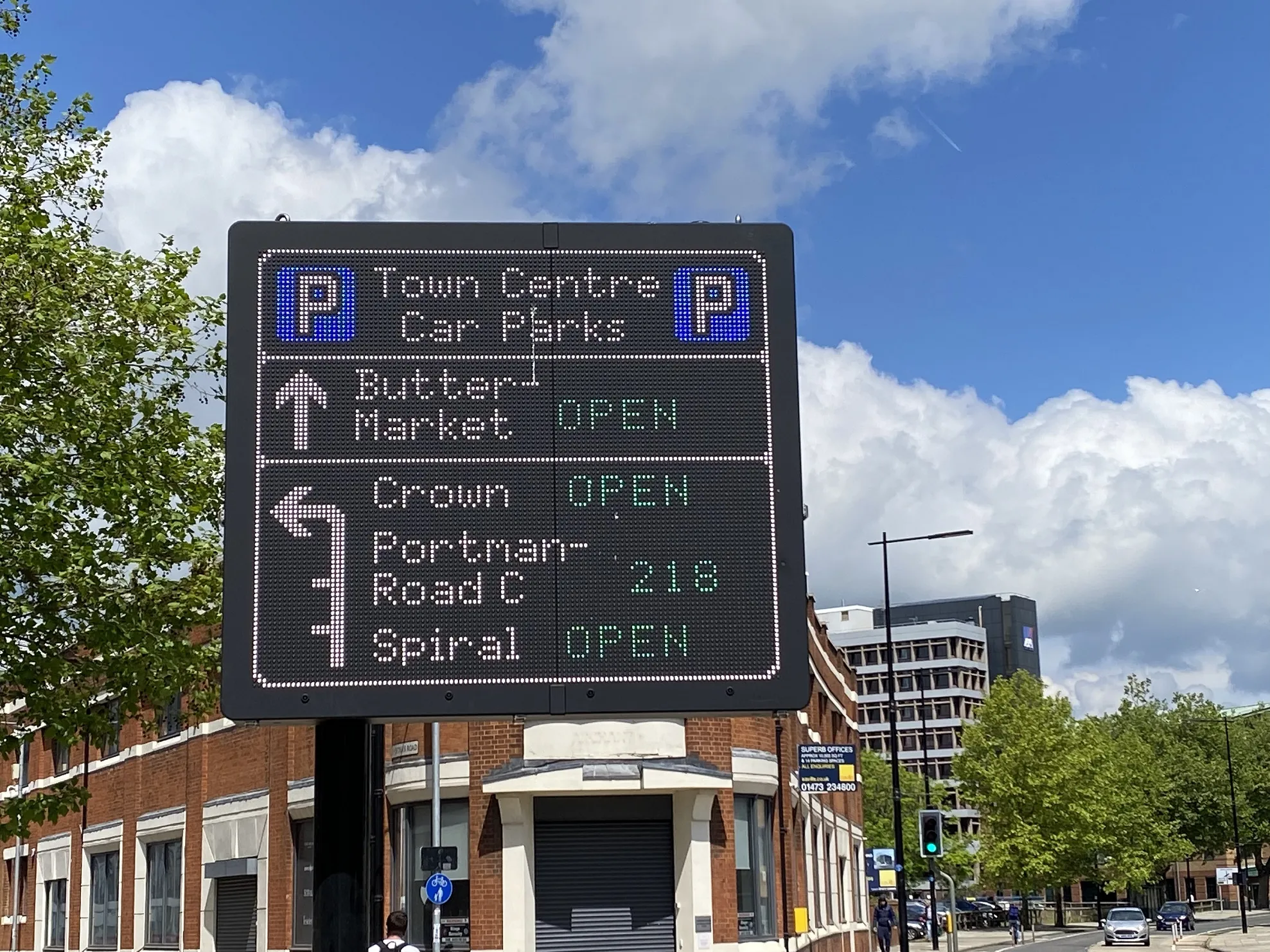Councillor Bob Norton, Redcar and Cleveland Borough Council’s cabinet member for economic growth & highways, says: “Three accidents involving school children in one year is three too many and we won’t allow this continuing risk to the safety of children.”
The MEV is a white
Videalert’s Digital Video Platform receives the contravention evidence data and automates the construction of video evidence packs to be reviewed by council operatives. Confirmed offences are then sent to the back-office processing system where penalty charge notices are issued.
Tim Daniels, sales and marketing director at Videalert, says the company’s new-generation MEVs will provide councils with greater flexibility in the enforcement of a range of moving traffic and parking contraventions.
Videalert MEV operating at school locations in north-east England
A Videalert mobile enforcement vehicle (MEV) is being used by Redcar and Cleveland Borough Council in north-east England to tackle illegal parking near schools. The yellow ‘Keep clear’ areas have been identified as locations which put children’s lives at risk.
Councillor Bob Norton, Redcar and Cleveland Borough Council’s cabinet member for economic growth & highways, says: “Three accidents involving school children in one year is three too many and we won’t allow this continuing risk to the safety of ch
October 3, 2018
Read time: 2 mins
A 7513 Videalert mobile enforcement vehicle (MEV) is being used by Redcar and Cleveland Borough Council in north-east England to tackle illegal parking near schools. The yellow ‘Keep clear’ areas have been identified as locations which put children’s lives at risk.










